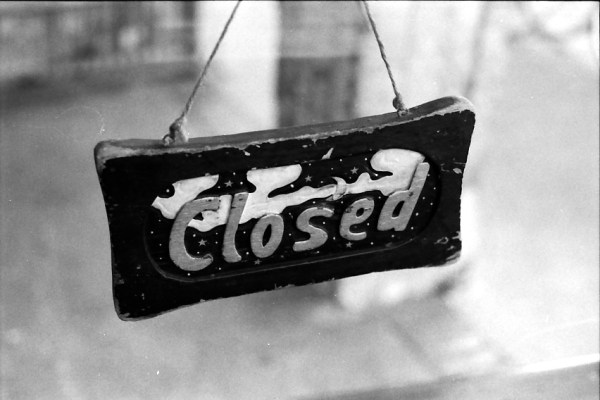On September 7, 2016, Evercar sent out a press release announcing that it had expanded from its Los Angeles home base to San Francisco and Oakland and had financing for buying up to 3,000 vehicles in the next year. Almost exactly a month later, the service that rented EVs and hybrids to drivers for ride hailing services shut down. The company had launched at the 2015 Los Angeles Auto Show, with plans to expand nationwide by the end of 2016. What happened?
The first official word came via Facebook, where Evercar posted on October 10: “As of today, Evercar is suspending its on-demand car share operations in Los Angeles and San Francisco.” The same message was posted on the company’s Twitter profile. There wasn’t much blowback on social media. Most of the comments came from drivers who would miss having easy access to Nissan Leafs. For what it’s worth, the company has a 5-star rating from full-time employees on Glassdoor.com; the only cons mentioned were funding related.
An SF Gate report quoted an Evercar spokesperson as saying the business was taking a break while it “pursues strategic options.” An email sent to customers and posted on the Evercar website cited “unforeseen circumstances” that kept them from providing the hourly rental service “in the near term.”
The company’s PR firm couldn’t clarify what went wrong. It responded to an email with a simple, “Unfortunately, we have no information on Evercar at this time.”
Evercar rented its cars to drivers for ride-hailing services like Lyft and Uber and on-demand delivery services like Postmates for $5-$8 an hour, depending on the rented car and service area.
The problem seems to be that it was financing those cars through a third party, which made it difficult to compete with the short-term rental services Uber and Lyft already offer their drivers. Uber also offers a long-term leasing option, and Lyft has partnered with GM to provide eligible vehicles to drivers at little to no cost, depending on the number of rides given.
